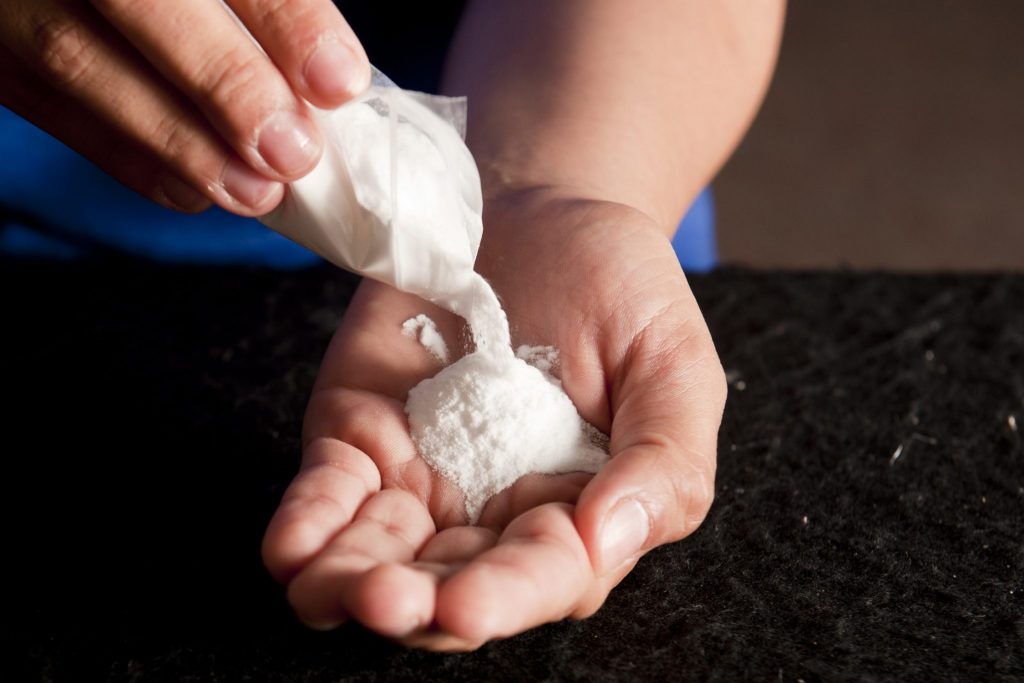Depression, Anxiety, And Other Emotional Health Issues Of Teens In Quarantine
Humans are inherently social beings. And the coronavirus pandemic has made it harder for us to fulfill our social needs. Because we need to stay at home to keep ourselves physically healthy, we have pulled away from our friends and loved ones. This quarantine and the uncertainty have taken a toll on our teens’ emotional health, affecting how they act and behave at home.
Watch out for these emotional health issues that your teen may be facing in quarantine.
Depression

Source: pexels.com
News about the global effects of the coronavirus pandemic has been plaguing both the internet and the television. Because our teens have access to this information, it can make them overstressed and depressed. Signs of depression include:
- low mood
- sleep issues – oversleeping or insomnia
- lack of interest in doing things that they usually enjoy
- sudden increase or decrease in weight
- restlessness
Teenage depression may also lead to suicide ideation. Contrary to the idea that talking about suicide influences your teen to do it, it would be best to speak to them about how they feel when you notice these symptoms.
Katherine Nguyen Williams, Ph.D., further shares, “Studies after studies have shown that asking about suicide does not increase the risk of suicide. Rather, asking about suicide can decrease the risk and potentially saves lives.”
Anxiety
Teens tend to feel emotions more intensely than adults and children. It happens due to the hormonal and physical changes, among others, that their body is going through in puberty. If you, as the parents, feel anxious because of the pandemic, your teen is feeling worse. Symptoms of an anxiety disorder include:
- nervousness or restlessness
- panic
- trouble concentrating
- gastrointestinal problems
- cold sweat
- hyperventilation
Feeling anxiety is normal, especially in these stressful times. When you notice these signs in your teens, talk to them about it, and offer reassurance. Limiting screen time and finding other activities to focus on can also help them.
Social Isolation

Source: pexels.com
There is an implementation of quarantine guidelines that aim to keep us physically safe and healthy, but it may also fuel your teen’s loneliness. Because they are out of their usual routine of seeing friends, they may start to withdraw from the family. Social isolation is cutting off contact with other people due to loss of mobility, depression, and other health issues.
It is important to note that social isolation can make your teens lonelier. When you notice that they are withdrawing from family time or locking themselves in their rooms, you may need to talk to them about it. You may also ask them to unplug from social media and encourage them to exercise more often.
Emotional Exhaustion
Constantly feeling no control over life can make your teens emotionally exhausted. Before this pandemic, when teens feel overstressed, they can go out and have fun with their friends. Now that they cannot do this, they are more susceptible to feeling emotionally drained. It may result in insomnia, anxiety, and depression.
When you notice that your teen is unmotivated, absent-minded, having trouble sleeping, and overfatigued, you must help them deal with it. Eating healthy and exercising can release happy hormones in the body.
Aggression And Irritability

Source: pexels.com
Stress impacts your teen’s patience making them more irritable and aggressive. Being cooped inside the house for a long time also aggravates the stress, affecting their patience. Your usually mellow teen may suddenly become hostile towards you or their sibling for no reason. Although that is unhealthy, you need to address their emotions with understanding.
Your teen’s anger is also affected by the sudden loss of their usual routine and lack of control over their current situation. When they suddenly become enraged, let them calm down first them talk to them about it. You may also need to help them to channel their aggression towards other activities like exercising and journal writing.
The most important thing to remember when dealing with your teen’s emotional health problems is to keep an open mind and heart. They will need you more now than ever because there is so much happening around the world that they cannot fully understand and control. Be ready to listen and talk to your teens and help them be emotionally healthy while in quarantine.



















Recent Comments